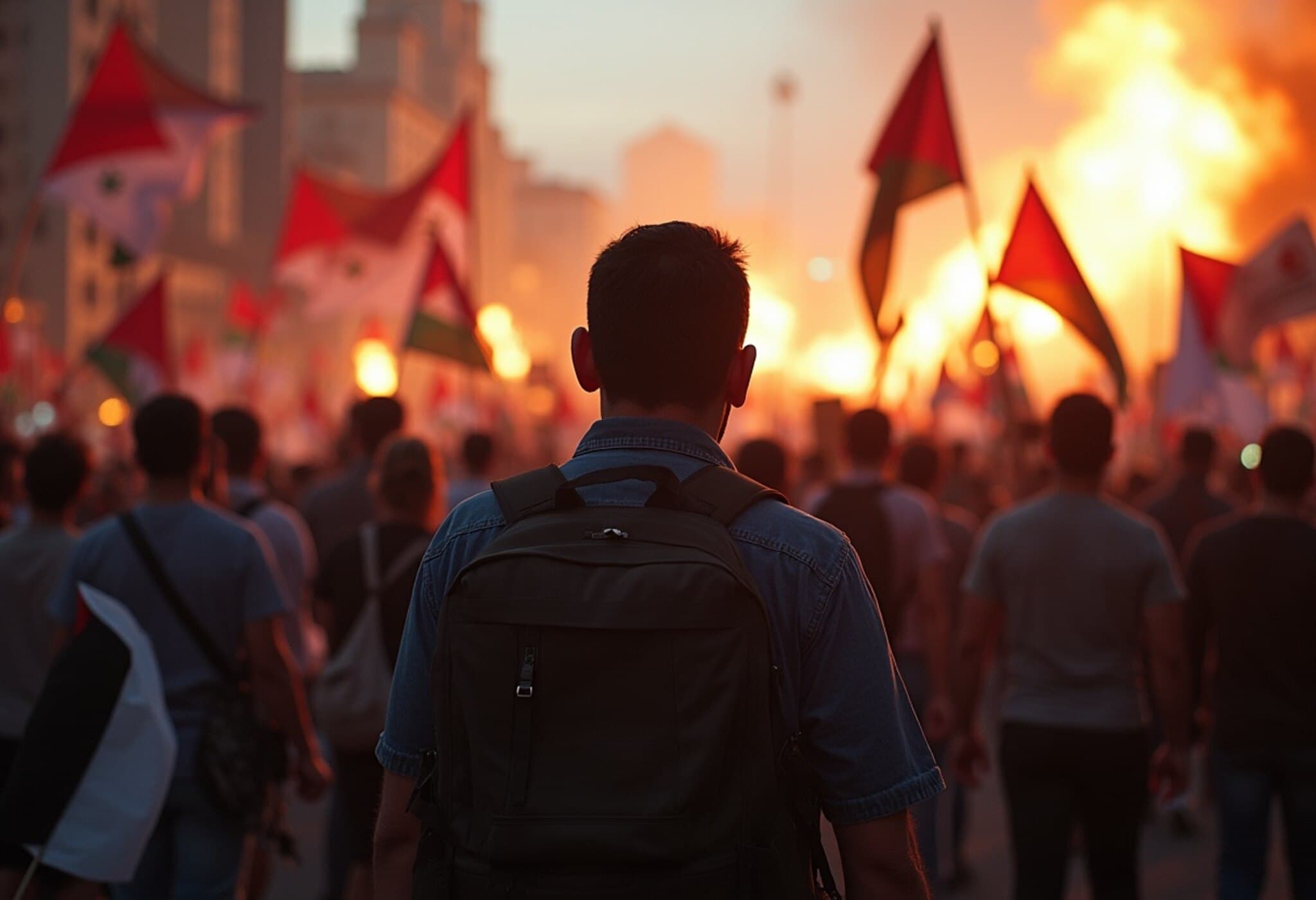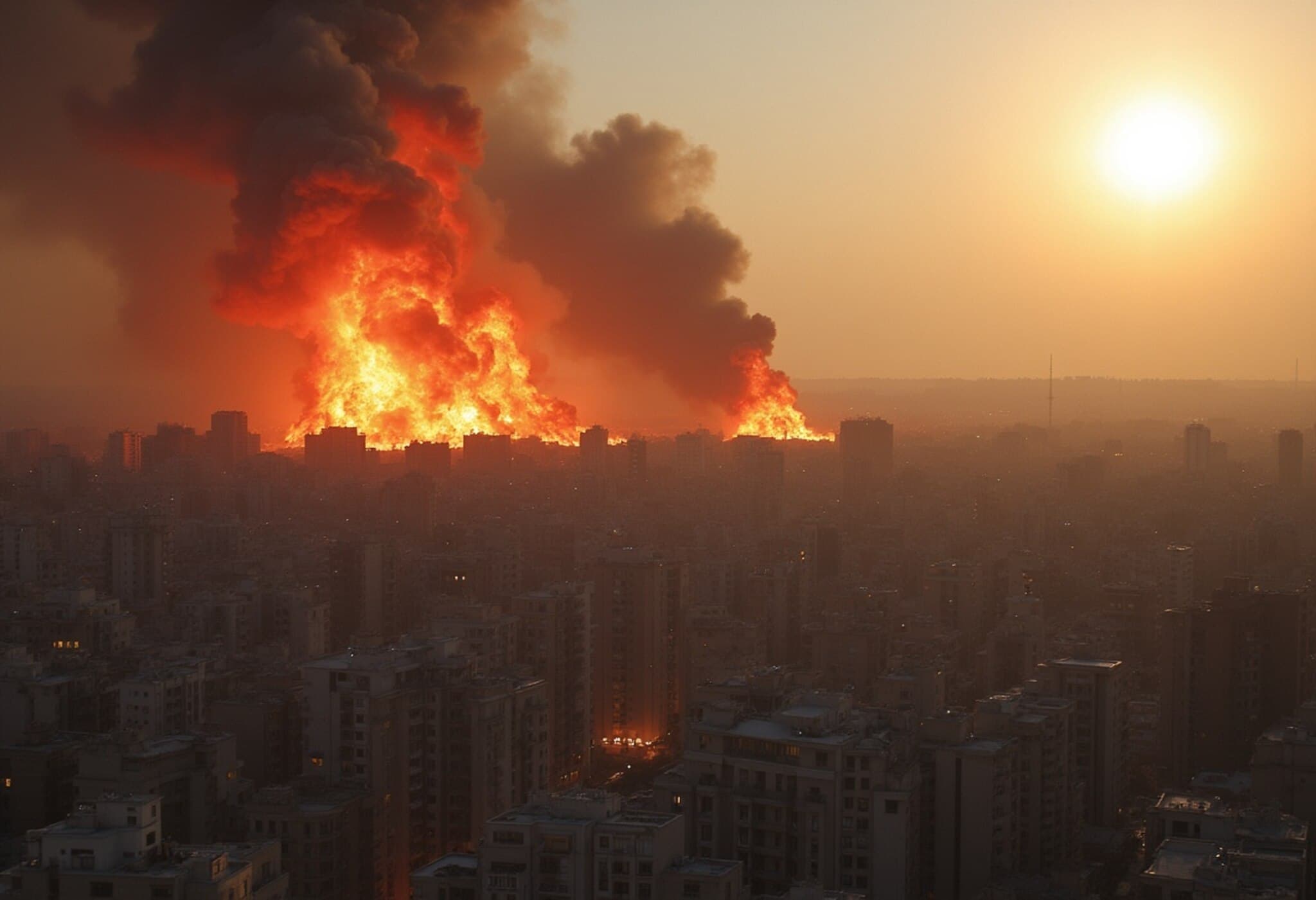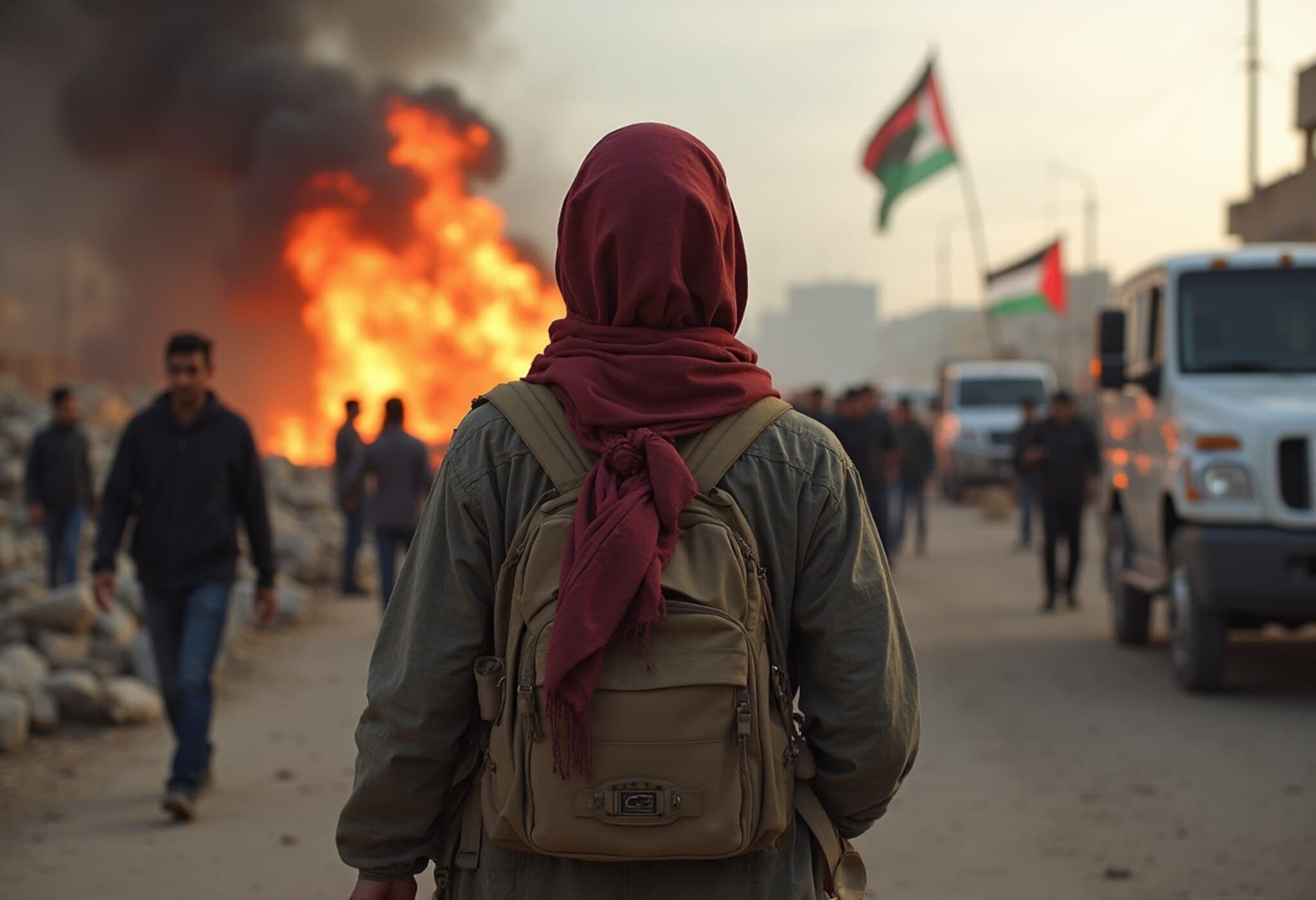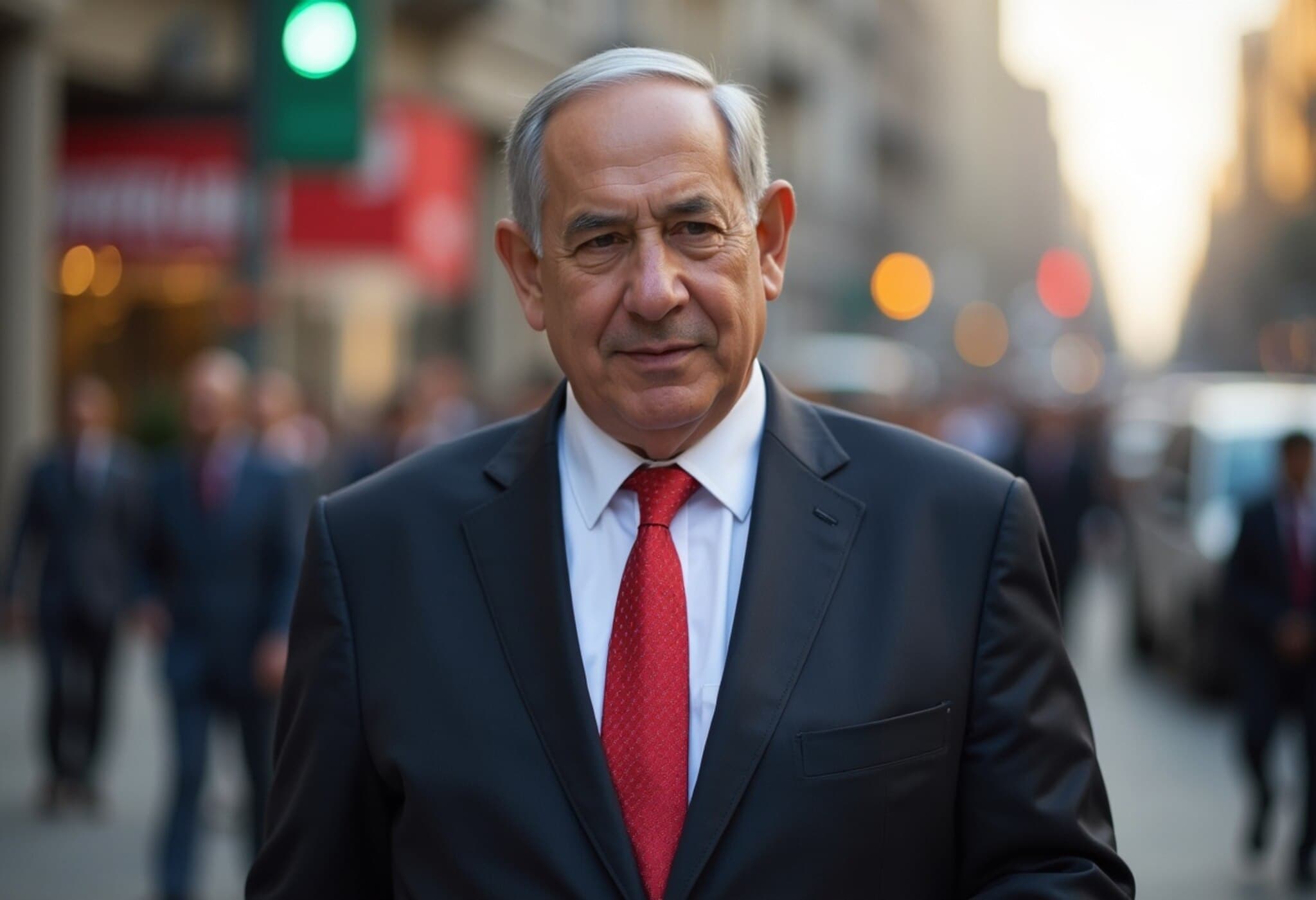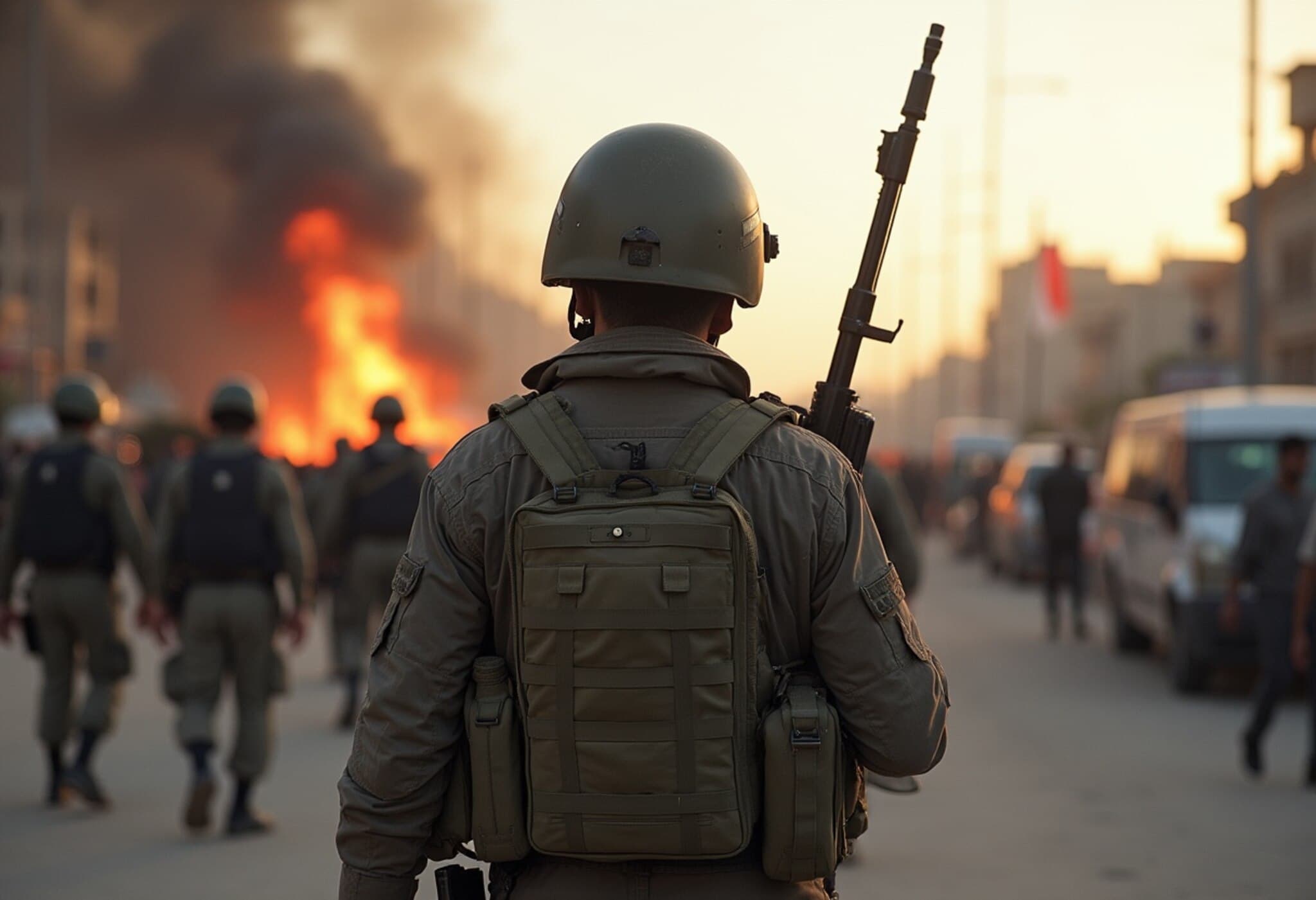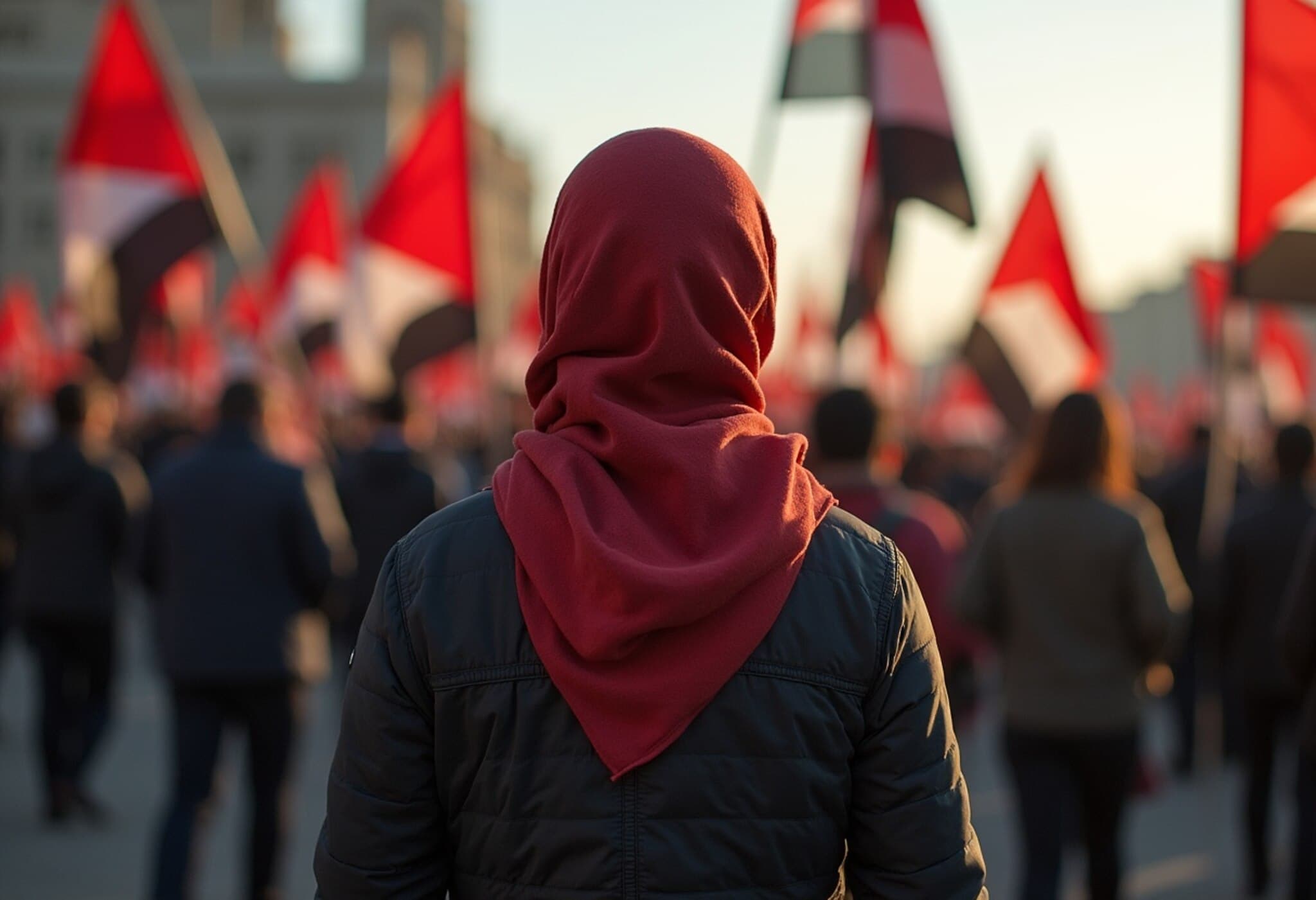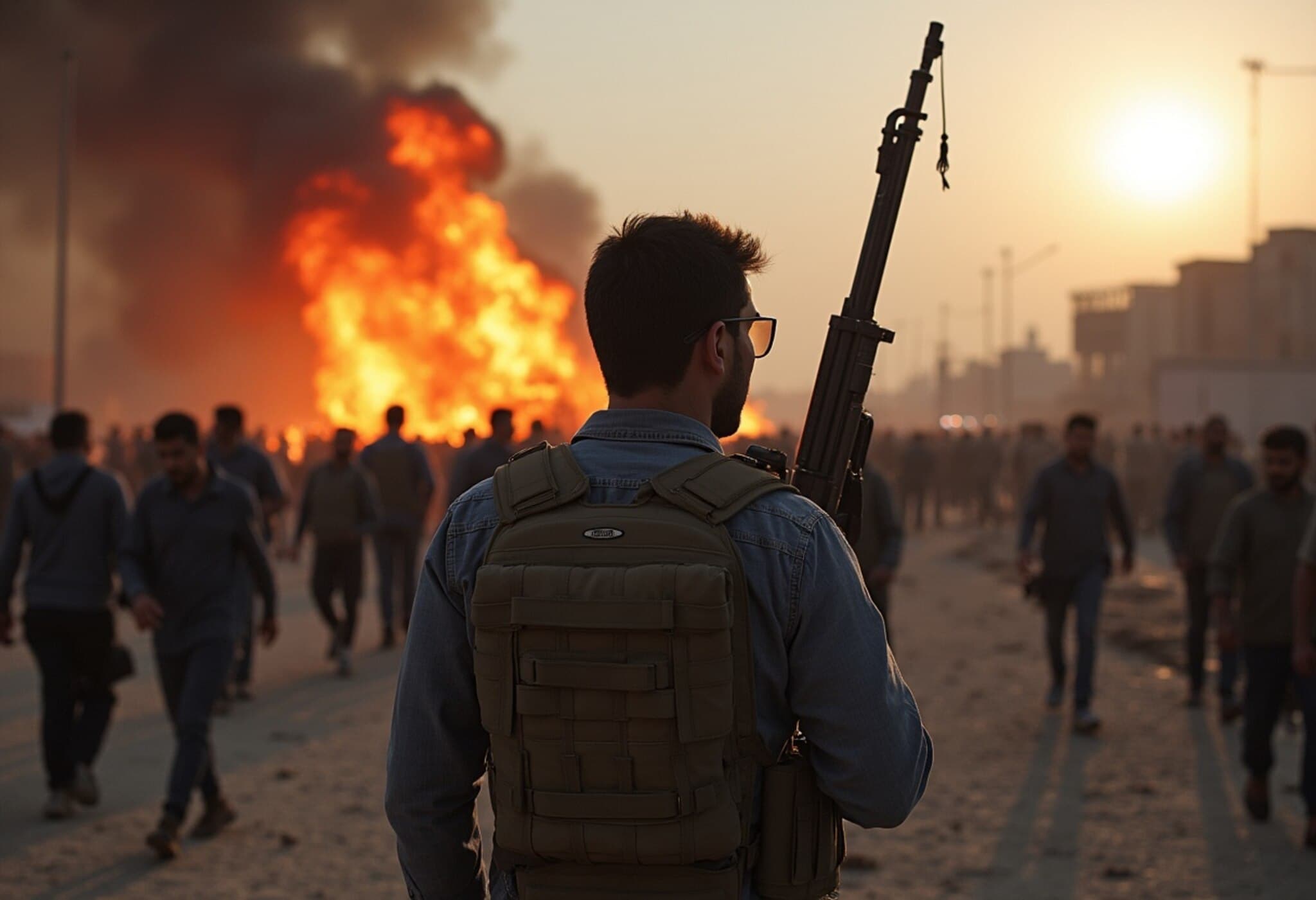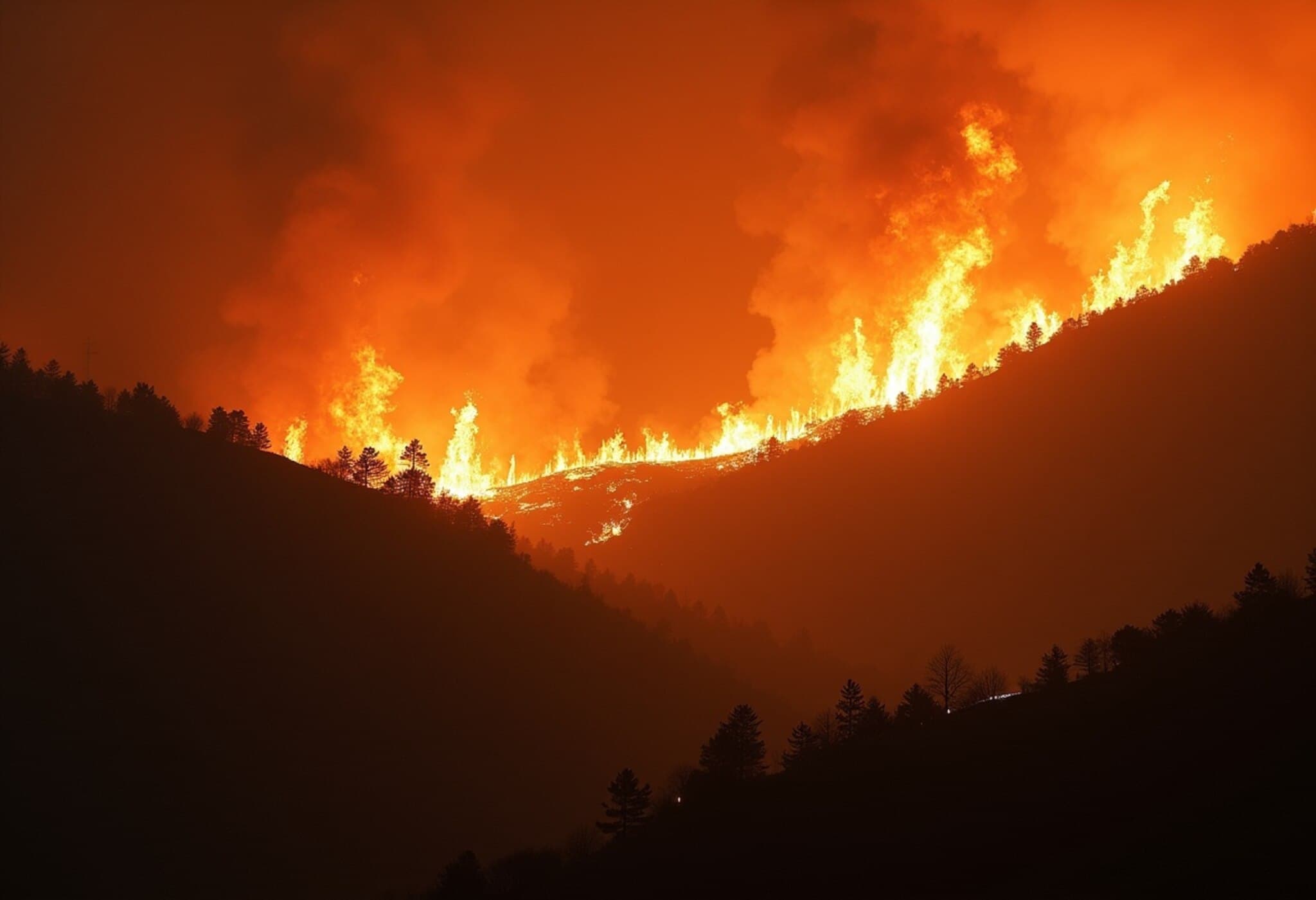Israeli Citizens Rally Demanding End to Gaza Conflict and Hostage Freedom
On Sunday, thousands of Israelis took to the streets across the nation, expressing a powerful call for ending the protracted war in Gaza and securing the release of hostages held since the October 2023 Hamas attacks. This wave of demonstrations comes as the Israeli military gears up for a fresh, large-scale offensive in the Palestinian enclave.
Demonstrations Mark Rising Public Concern
From Jerusalem to Tel Aviv, protestors gathered with poignant displays—most notably a massive Israeli flag in Tel Aviv’s Hostage Square emblazoned with images of the captives still held in Gaza. The protests, which included blocking major roadways such as the key Tel Aviv–Jerusalem highway, underscored the deep anxiety felt by families and the broader public. Some demonstrators set tires ablaze, symbolizing both grief and frustration.
In response to the unrest, authorities increased police presence significantly, resulting in 32 arrests and warnings that further disruptions to public order would be met firmly.
The Human Cost Behind the Conflict
The roots of the conflict trace back to the harrowing Hamas assault on October 7, 2023, which led to over 1,200 Israeli deaths and the abduction of 251 hostages. Israeli officials confirm that while some hostages have perished, approximately 49 remain captive in Gaza, with 27 confirmed deceased. This tragic situation deeply fuels the demand for government action.
Doron Wilfand, a local tour guide participating in the Jerusalem rallies, encapsulated the public sentiment: "I think it’s time to end the war. It’s time to release all of the hostages. And it’s time to help Israel recover and move towards a more stable Middle East."
Government’s Military Plans and Humanitarian Concerns
Last week, Israel’s security cabinet approved plans to capture Gaza City as part of a new offensive, intensifying concerns over the humanitarian crisis. Gaza’s population, approximately 2.2 million residents, faces mounting hardships amid the ongoing conflict, including forced displacements and extensive infrastructure damage.
The Israeli military intends to relocate residents from northern Gaza City’s combat zones to the south, promising to provide tents and shelter equipment in preparation for upcoming operations. However, Hamas labeled this plan as a "new wave of genocide and displacement," accusing Israel of disguising military action under the facade of humanitarian relief.
This exchange highlights the complexity and tragedy of civilian suffering caught in protracted urban warfare, raising critical concerns within the international community.
The Broader Impact and International Response
- Human cost: According to Gaza’s health ministry, over 61,000 Palestinians have been killed since the conflict began.
- Population displacement: An estimated majority of Gaza's residents have been internally displaced, facing dire shortages and destroyed homes.
- International alarm: Plans for a ground offensive intensify fears of further devastation and escalate calls for a diplomatic resolution.
Economic disruptions were also felt as many businesses in Jerusalem and Tel Aviv closed in solidarity with the demonstrators, who organized a general strike to amplify their demands.
Expert Insight: Navigating the Path Forward
From a policy perspective, the Israeli public’s rising calls for peace and hostage liberation underline the immense domestic pressure faced by the government. The tension between military objectives and humanitarian considerations exemplifies a complex challenge that Israeli leadership must balance. Experts emphasize that a long-term resolution hinges not only on military strategy but also on addressing humanitarian needs and rebuilding diplomatic channels.
Moreover, the humanitarian crisis in Gaza exacerbates regional instability—a critical concern for U.S. policymakers who have long supported Israel’s security while advocating for human rights and conflict de-escalation. This situation demands nuanced approaches that bridge security imperatives with international legal obligations.
Editor’s Note
This nationwide Israeli protest wave reflects a profound collective yearning to end hostilities and bring home those held captive amid a grinding war. Yet, beneath the fervent calls for peace lie difficult questions about security, justice, and the humanitarian toll of prolonged conflict. As new offensives loom, the world watches closely—not only the fate of hostages but the broader quest for lasting stability in a deeply fractured region.
How will Israel reconcile military objectives with the urgent humanitarian needs of Gaza’s civilians? Can diplomatic avenues be revived to complement security efforts? These pivotal questions remain open as both sides face devastating realities.

